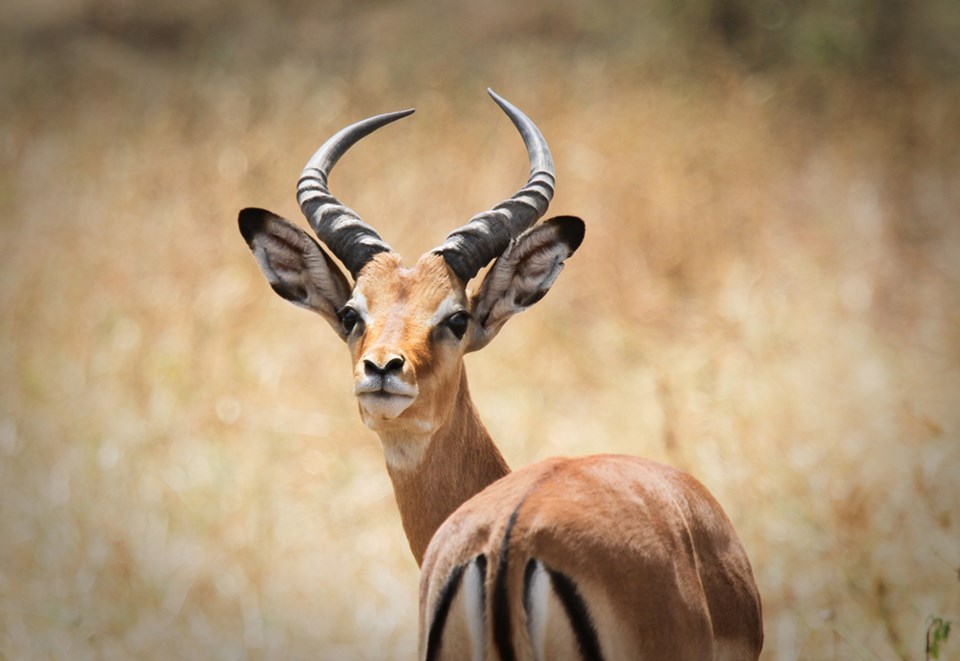If I was a slender-horned gazelle grazing beside a waterhole in the sub-Saharan desert, a display of vulnerability would not announce strength, it would mean a quick, but not quite quick enough death.
A cheetah or hyena in the area would find my vulnerability appetizing and my death a delicious reminder of the natural order of things.
It has been about two and a half million years since we might have been in the gazelle’s unfortunate position, yet, even at the top of the food chain, showing vulnerability is almost always perceived as a weakness. Why is that, when we have supposedly evolved past the need to survive in positions like the gazelle?
Obviously, our world today is incomprehensibly complex compared to earlier times when food, shelter and procreation were the things on our Neolithic calendars. To protect ourselves from the modern “hyenas” psychologically hunting in our complicated work and social lives, we build layers of protection in our amazing brains, gathered unconsciously from infancy to adulthood, to survive emotional hardships or even trauma.
Showing vulnerability during daily interactions might be one of the hardest things to do in life.
We put on protection layers to play contact sports to avoid serious injury and physical pain. The amour we use to protect our psyche disservices us by hiding our real selves to intimate friends, the general world and, even from ourselves.
From my years of pathologically self-harming action such as blackout drinking and heavily depressive thoughts, I know the layers of mental amour stopped me from looking at myself in a clear, honest way. That lack of clarity and honesty with myself and my world was a main driver of years of addiction, which sucked my life into a black hole and left me for dead.
I am one of the lucky ones. I received the help which redefined my consciousness. Through the process of recovery, I was able to redefine the meaning of vulnerability as well.
Vulnerability is showing your true unlayered self to the world and risking being judged negatively. It is not hiding behind a big house and countless material possessions, or a soul- and body-destroying chemical addiction.
Vulnerability is the courage to live our true lives and really take advantage of this short, but potentially beautiful life. Rejection is a healthy part of a process to find out what we want from life, who we want to be with and, most crucially, who we really are.
Vulnerability is admitting the need for help and conversely, generously answering the call for help from others. It is an open exchange without hardline expectations.
At its core, vulnerability is lowering your defences and deserving to give and receive love, living a full life. The saying “It’s better to have loved and lost than never to have loved at all” could be a slogan for the new meaning of vulnerability.
It is a strength to live our best life with all our scars and beautiful imperfections on full display, and being a role model for others to feel the same worthiness.
Vulnerability is not weakness, it is strength.
Robert Skender is a qathet region freelance writer and health commentator.
Join the Peak's email list for the top headlines right in your inbox Monday to Friday.



